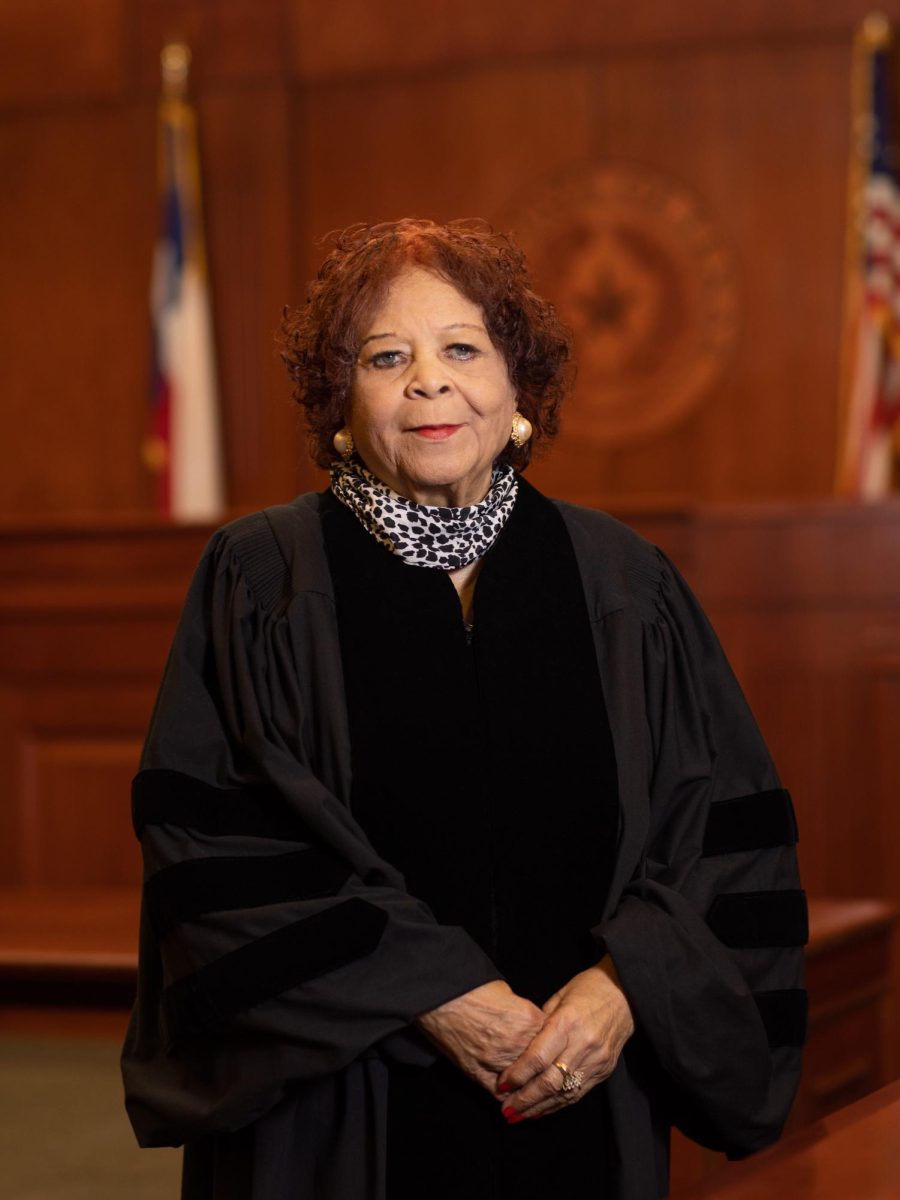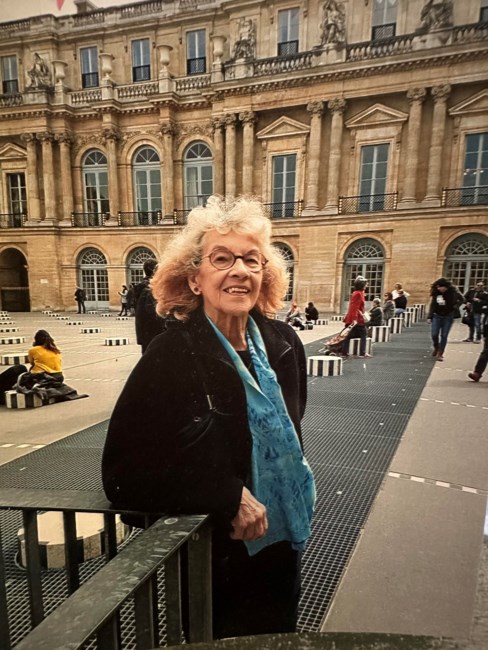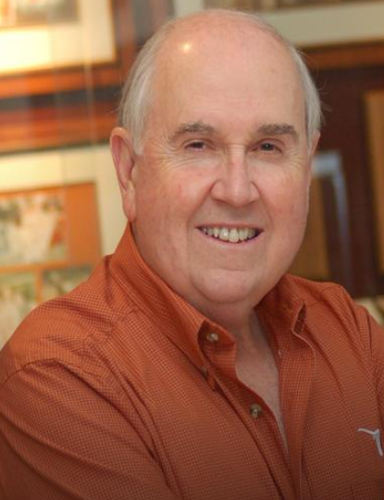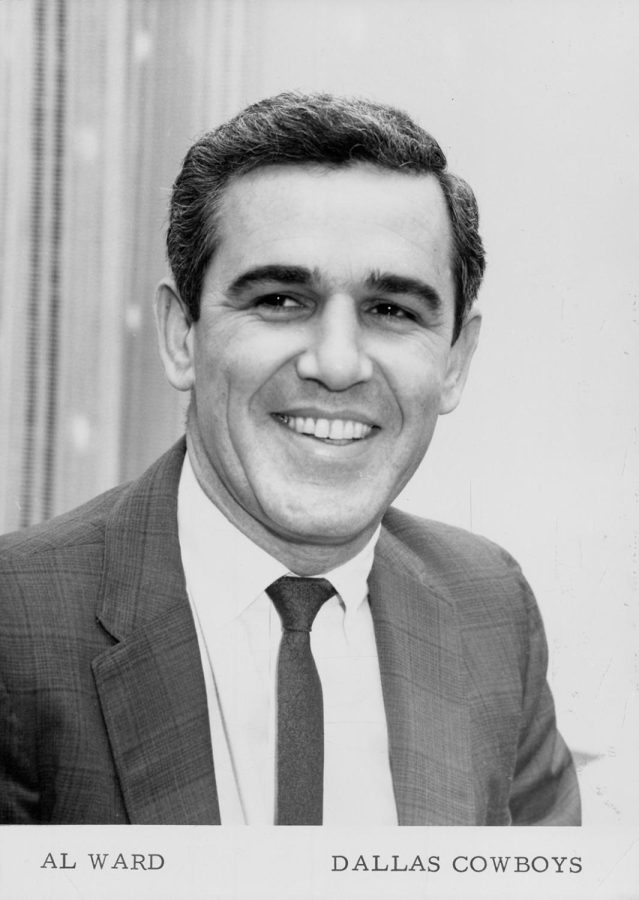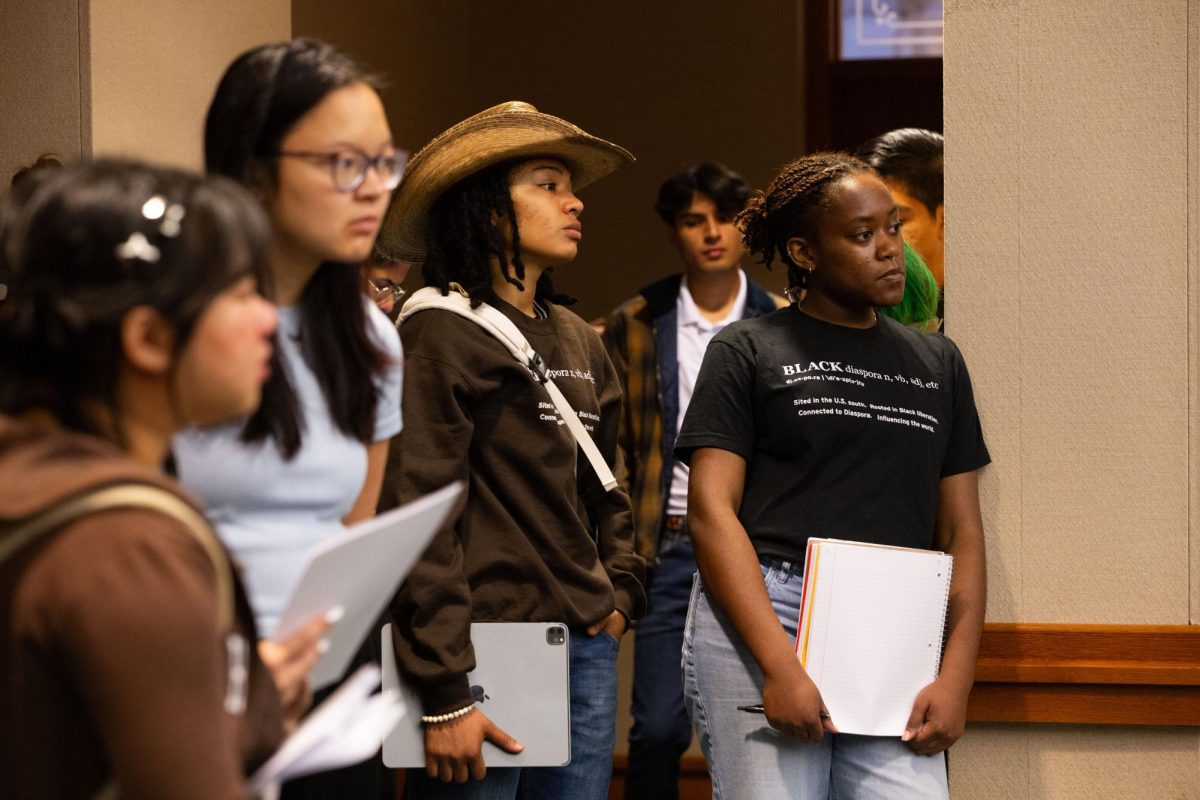Judge Harriet Murphy, the first Black woman to hold a permanent judgeship in Texas and a generous alumna of the University of Texas School of Law, died on Jan. 17 at 96.
Murphy grew up in Atlanta, Georgia, where the Jim Crow South shaped her identity and mindset. She attended Booker T. Washington High School in Atlanta with Martin Luther King Jr., however, King was a few grades below Murphy, according to her autobiography “There All the Honor Lies.”
“It was (King’s) activism that made me question for the first time my own social standing and the cultural structures that were in fact shackles,” Murphy wrote in her autobiography.
Through high school and into her early college education, she continued to make connections with civil rights leaders such as W.E.B. Du Bois and Thurgood Marshall.
Murphy was a proud graduate of Spelman College, a historically Black and female institution in Atlanta. She studied history and government, which inspired her to get a master’s degree in political science from Clark Atlanta University. She became more politically active in graduate school and eventually joined the NAACP.
Murphy taught at the high school level and later taught at Prairie View A&M University and Huston-Tillotson University. After her first husband unexpectedly died from leukemia, she moved to Austin to study law at UT.
“Race and gender lines were drawn on the judicial system in those days, and I had both working against me,” Murphy wrote. “Black and a female? It was a marvel that UT even admitted me.”
At the time, Murphy was the only Black student in her class.
“As the only Black student in the law school at that time, I joined a committee organized … to recruit Black students to the law school,” Murphy wrote. “I must say, we had some real success. It’s probably the thing I’m most proud of from my time at UT.”
After graduating in 1969, Murphy continued to teach government at Huston-Tillotson and practiced law part-time. Murphy served on Austin’s Municipal Court from 1973 to 1993. She implemented many reforms to the court, including making it a court of record.
“She wanted to perpetuate the theme that you should use your education to engage in service and then that service would help you to bring about change,” said Arleas Upton Kea, a mentee of Murphy and fellow law school alumna.
Kea said “a mixture of tears, laughter, joy and celebration” filled Ebenezer Baptist Church, where Kea spoke at Murphy’s funeral on Saturday. In her remarks, Kea mentioned condolence letters from President Joe Biden and Vice President Kamala Harris to Murphy’s family.
“Harriet was on so many stages … certainly at the local level in the state of Texas,” Kea said. “But also at the national level. She served as a member of the Electoral College. She was (also) a contributor to the University. … We watched her contribute the best of everything that she had back to the University, and I think that’s such an inspiration.”

